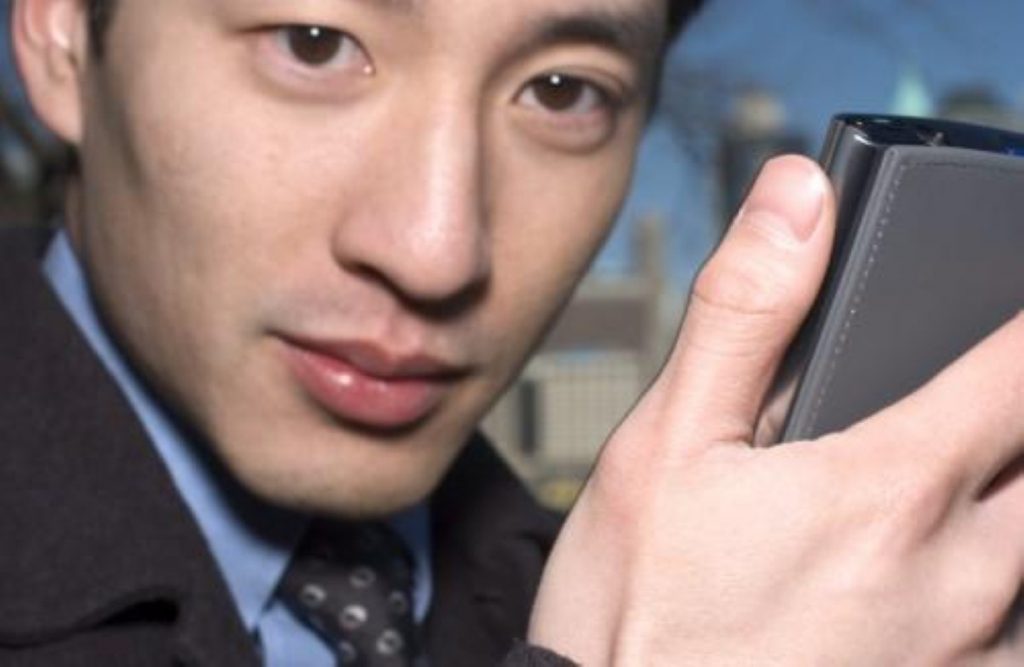Phonehacking: Prescott stuns Westminster by winning judicial review
By Ian Dunt
John Prescott stunned the political world today by winning a judicial review into the police investigation into phone hacking.
The decision means that the Met’s handling of the investigation will now come firmly under the spotlight.
Lord Prescott, Labour MP Chris Bryant, former deputy assistant commissioner Brian Paddick and journalist Brendan Montague argued that the Met had failed to properly brief them on the evidence in their possession concerning what had happened to their phones.


A high court judge said they had “an arguable case for seeking the relief claimed by way of judicial review”.
Scotland Yard came under fire for ruling out a new investigation when the Guardian broke the story in 2009 and for its persistently narrow legal definition of phone hacking.
Sir John Yates, Britain’s most senior policeman, told MPs on the media committee that he had been informed by prosecutors that a message would have to have been intercepted before it was heard by the intended recipient to classify as phone hacking.
Director of prosecutions Kier Starmer later contradicted this, saying he had never accepted that narrow definition.
The current police investigation is widely considered to be doing its job satisfactorily, but MPs are concerned that Scotland Yard originally dragged its feet on the issue due to concerns about how a robust approach would damage its relationship with News International, the Murdoch-run media group which owns the News of the World.
A submission to the court by the claimants’ lawyers said: “The Metropolitan police misled the claimants and the wider public by stating that there was only ‘a handful’ of victims; and that, where there was evidence of hacking, victims were told.
“When those who thought they might have been victims contacted the police for fuller information, many were wrongly told that there was no evidence of hacking.
“It has now emerged that, contrary to the picture painted by the police, that telephone interception was extremely widespread.”
According to the police, the four claimants had been given a complete summary of all of the relevant evidence in their possession. But the submission argues that none of them have received an accurate or complete account of the material held by police.
Three other figures asked to be recognised as interested parties, including former media secretary Tessa Jowell.
The development startled many Westminster insiders, who had not expected the attempt to be successful.
The police’s role in the controversy will now be scrutinised almost as much as the News of the World’s, which has seen several journalists questioned by police as it frantically tries to contain the damage of the row.
Some analysts believe the company’s strategy now lies in preventing any contamination of its others newspapers, notably the Sun, and doing anything possible to stop private investigator Glenn Mulcaire being questioned before a judge.
Last Friday, Mr Justice Vos confirmed that actor Jude Law, football pundit Andy Gray, interior designer Kelly Hoppen, agent Sky Andrew and Labour MP Chris Bryant would have their claims heard in the litigation against News of the World.












